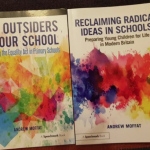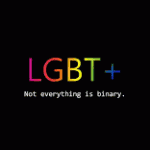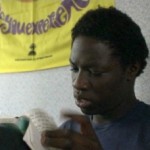This research addresses challenges for ESOL policy and practice raised within the new legal climate created by the Equality Act (DCMS 2010) with particular reference to sexual diversity. Practitioners have articulated concerns about engaging with LGBT issues at work, expressing varying degrees of knowledge and experience. The sensitive, if not potentially contentious nature of debates – including religious sensitivities and freedom of speech – highlighted an urgent and widespread need for theoretical and practical work.
This project develops an initial research evidence base by drawing directly on learners’ and teachers’ experiences of issues of sexual diversity within ESOL. This concept of ‘bringing the outside in’ (Roberts and Baynham 2006), understanding how people’s lives affect and impact on learning and life opportunities, is a key strategy in understanding the heterogeneity of ESOL learners and supporting them in an unequal world. The contributions of almost one hundred participants provide a unique body of evidence from which to plan for and develop further research, inclusive pedagogy, professional development and materials writing. This contribution to knowledge about the role of sexuality in language teaching and learning is of relevance to ESOL teacher education across the Anglophone world in particular, and to teacher education for all sectors more generally.






